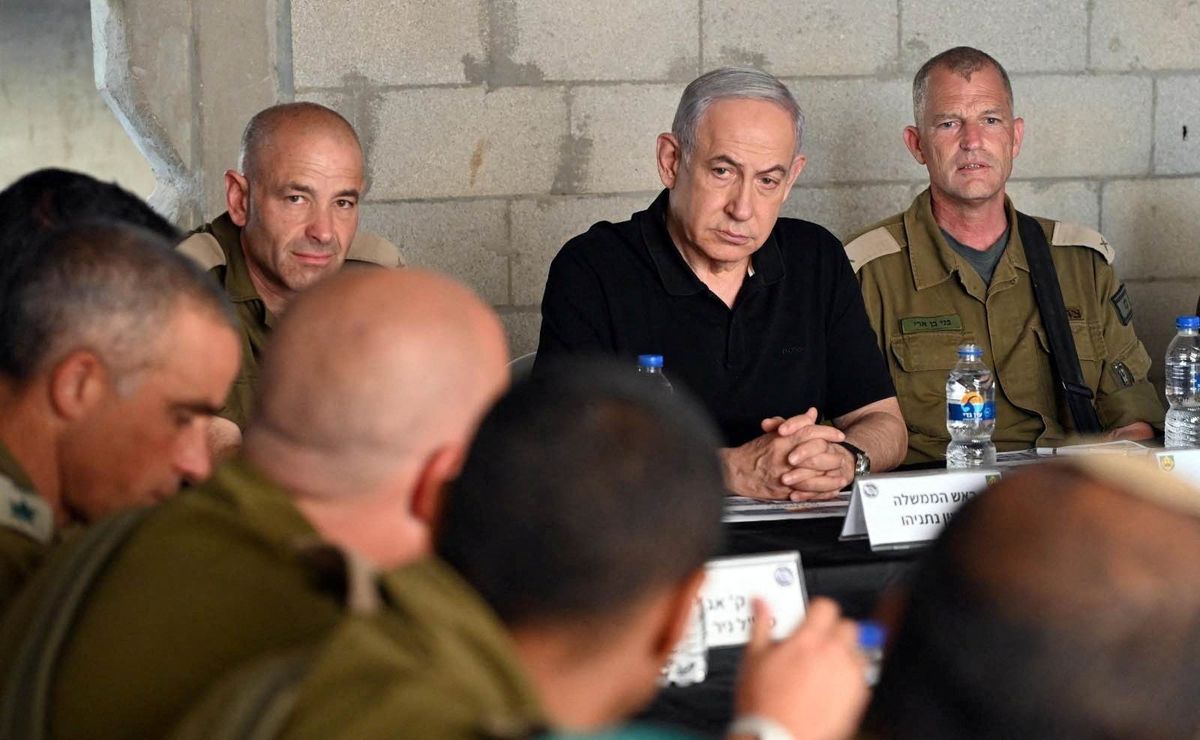Less than two weeks since Israel launched a ground invasion of Gaza, it appears that Israeli troops won’t be leaving the coastal enclave anytime soon. Prime Minister Benjamin Netanyahu on Monday told ABC News that Israel will take “overall security responsibility” for Gaza for an “indefinite period” to prevent further Hamas attacks.
This raises a slew of questions and concerns about Israel’s goal of rooting out Hamas and the potential for sparking even more violence from Hamas and other Iranian proxies. Will this mean a purely military presence, or is it a slippery slope to the return of Israeli settlements in Gaza?
Bibi’s announcement “raised red flags in Arab capitals,” and especially in Cairo, says Randa Slim, senior fellow and director of conflict resolution at the Middle East Institute.
Israel’s goal: Bibi says the aim is to eradicate Hamas and rescue the roughly 240 people taken hostage by Hamas during its Oct. 7 attack. But completely destroying Hamas could prove extremely difficult, as the violence is likely to inspire the next generation of anti-Israel fighters. Meanwhile, Israeli troops will face intense urban fighting and contend with the militants’ use of an intricate system of tunnels.
How Hamas allies might respond: An indefinite Israeli presence in Gaza will “definitely catalyze” a Hamas and Islamic Jihad-led insurgency and lead “to a years-long bloody and sustained conflict,” Slim warns.
In this way, Netanyahu may be falling into a trap. He’s poised to give Hamas exactly what it wants, says Hussein Ibish, a senior resident scholar at the Arab Gulf States Institute, which is “a long-term ground presence that can serve as the target of a sustained insurgency.”
Hamas hopes to “start picking off Israeli soldiers individually and in small groups, killing and capturing them, and bleeding Israel horrendously,” he adds, noting how this will help the militant group portray itself as the rightful leader of the Palestinian national movement — as opposed to Palestinian leaders in the occupied West Bank “who sit at the table listening to crickets and waiting for negotiations that never take place.”
The bottom line: Bibi may just have opened the door for a renewed Israeli military occupation of Gaza, sinking the prospect of a two-state solution.





